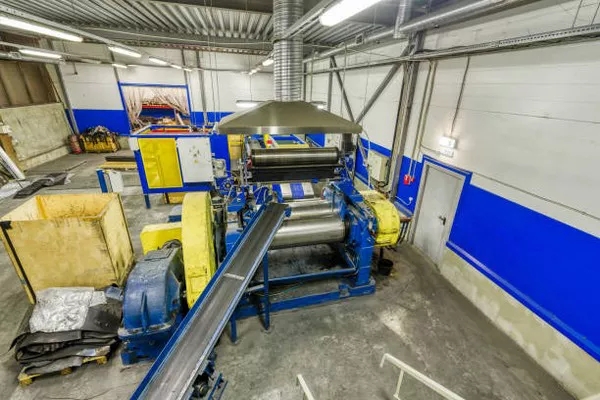In today’s rapidly advancing world, power generation and backup solutions have become integral to our daily lives. Whether it’s ensuring continuous electricity supply for businesses or keeping homes well-lit during blackouts, generators play a pivotal role. However, one persistent challenge has been the noise generated by traditional generators, often disrupting the tranquility of neighborhoods and causing disturbances. This has led to the exploration and development of silent generators, which aim to address the noise issue without compromising on performance. In this article, we delve into the world of silent generators, exploring their technology, applications, benefits, and limitations.
Understanding the Basics
Before we delve into the concept of silent generators, it is essential to grasp the fundamental working principles of conventional generators. Traditional generators, whether fueled by gasoline, diesel, or natural gas, operate by burning fuel to produce mechanical energy, which is then converted into electrical energy. This process inherently involves the movement of various components, including engines, alternators, and fans, which generate vibrations and, subsequently, noise.
Silent generators, on the other hand, have been meticulously designed and engineered to minimize these noise levels significantly. Their technology revolves around innovative features and materials that dampen vibrations and reduce the overall sound output during operation. While no generator can be entirely “silent,” silent generators aim to provide a quieter and more peaceful alternative.
The Technology Behind Silent Generators
Soundproofing Materials: Silent generators employ advanced soundproofing materials to absorb and deflect sound waves. These materials are strategically placed around the generator’s engine and components to reduce noise emissions effectively.
Enclosure Design: The enclosure of a silent generator is engineered to encapsulate the entire unit, minimizing sound leakage. These enclosures are designed to be sturdy, weather-resistant, and soundproof.
Engine Technology: Modern engines in silent generators incorporate technology that reduces noise levels without compromising on power output. These engines are often equipped with low-noise mufflers and enhanced combustion systems.
Vibration Isolation: Silent generators are equipped with anti-vibration mounts and isolation systems that prevent vibrations from transmitting to the surrounding environment, further reducing noise.
Applications of Silent Generators
Residential Use: Silent generators are an ideal solution for homeowners who value peace and quiet. They provide backup power during outages without causing disturbances to the household or neighbors.
Commercial and Industrial Settings: Businesses, especially those in urban areas, can benefit from silent generators to maintain productivity during power outages without affecting neighboring businesses or residents.
Healthcare Facilities: Hospitals and healthcare facilities require uninterrupted power to sustain critical medical equipment. Silent generators are crucial in such settings to ensure a quiet and safe environment for patients and medical staff.
Events and Entertainment: Silent generators are often used at outdoor events, weddings, concerts, and film productions where noise pollution can be a concern.
Benefits of Silent Generators
Reduced Noise Pollution: The primary advantage of silent generators is their ability to operate quietly, making them suitable for various applications where noise pollution is a concern.
Enhanced User Experience: Silent generators offer a more comfortable and peaceful environment for users, whether at home, work, or leisure events.
Environmental Considerations: Some silent generators are designed to be more fuel-efficient and eco-friendly, emitting fewer pollutants into the atmosphere compared to traditional generators.
Improved Durability: The soundproofing and vibration isolation technologies used in silent generators often result in increased durability and longevity.
Limitations of Silent Generators
Cost: Silent generators typically come at a higher price point compared to traditional generators due to the advanced technology and soundproofing materials used in their construction.
Reduced Portability: The added weight and bulk of soundproofing materials and enclosures can make silent generators less portable and more challenging to move around.
Maintenance: The complex design of silent generators may require more intricate maintenance and servicing.
Power Output: Silent generators may have slightly reduced power output compared to their noisier counterparts, which could be a limitation in certain applications.
Conclusion
Silent generators have emerged as a groundbreaking solution to the persistent issue of noise pollution caused by traditional generators. Their innovative technology, including soundproofing materials, advanced engine designs, and vibration isolation systems, has paved the way for quieter and more peaceful power generation. While silent generators come with a higher price tag and some limitations, their numerous benefits, including reduced noise pollution, enhanced user experience, and environmental considerations, make them an attractive choice for residential, commercial, industrial, and event-based applications. As technology continues to advance, we can expect further improvements in silent generator design, ensuring a more sustainable and peaceful coexistence with power generation.

